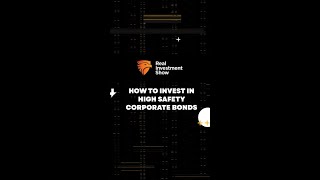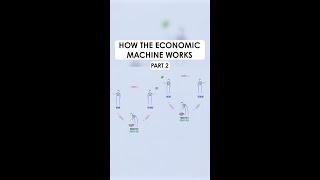| America is spending trillions of dollars in an effort to make the country stronger, greener and richer. These are the three key things you need to know about the plan and its chances of success. 00:00 - A new green America 00:30 - Democrats are being ambitious 01:14 - Manufacturing will move to America 01:53 - Planning could be a stumbling block To read more about Biden’s plans to remake America’s economy: https://econ.st/3IEGNiP For our most recent coverage on the US: https://econ.st/3yhc3jf Sign up to The Economist’s daily newsletter: https://econ.st/3QAawvI How spending will revive American manufacturing: https://econ.st/3Y65BWC Why Joe Biden is not quitting fossil fuels: https://econ.st/3KH9ePA More on American environmentalism: https://econ.st/3Y8Xo42 Why Congress is gridlocked: https://econ.st/3EJh7QU |
Tags: Featured,newsletter








































40 pings
Skip to comment form ↓